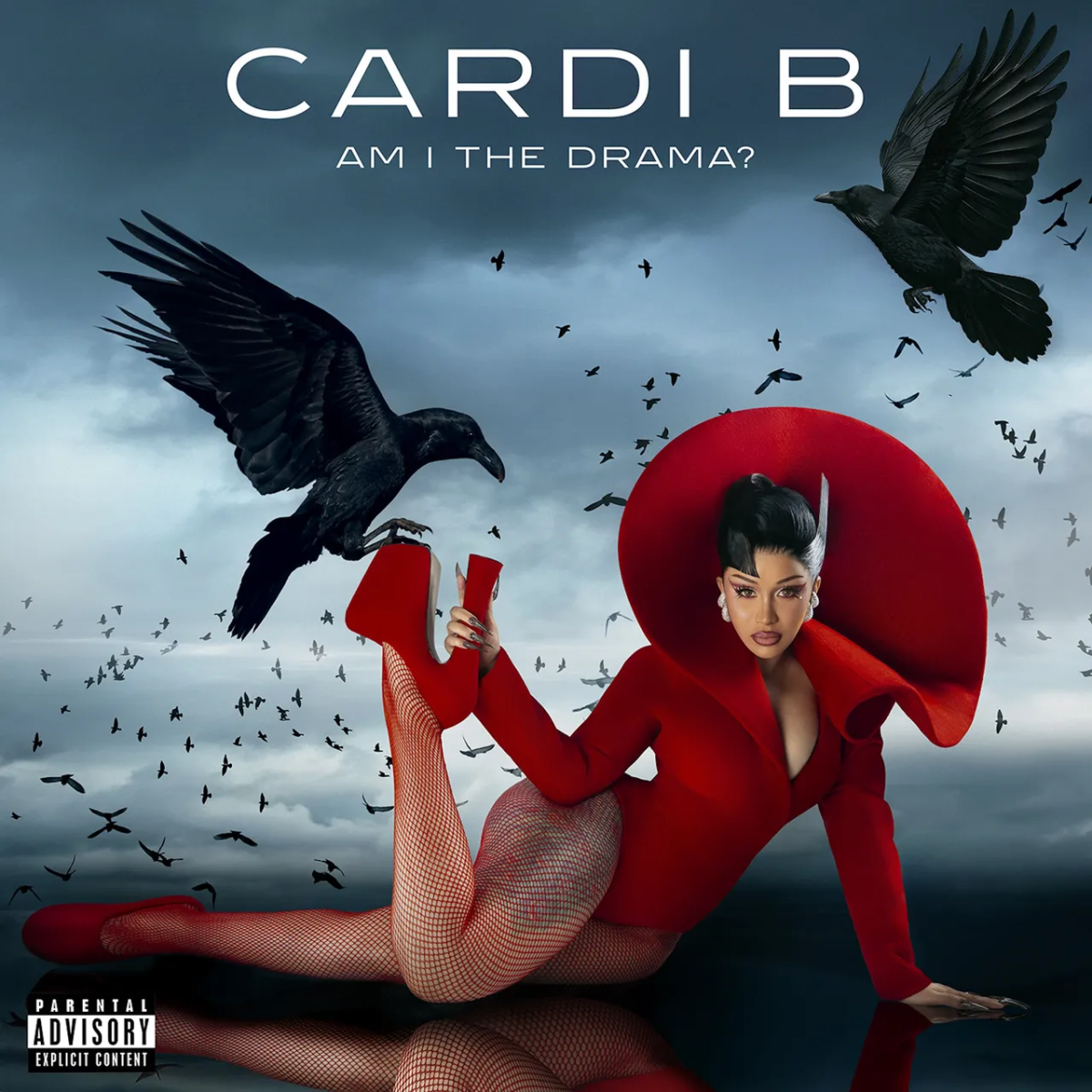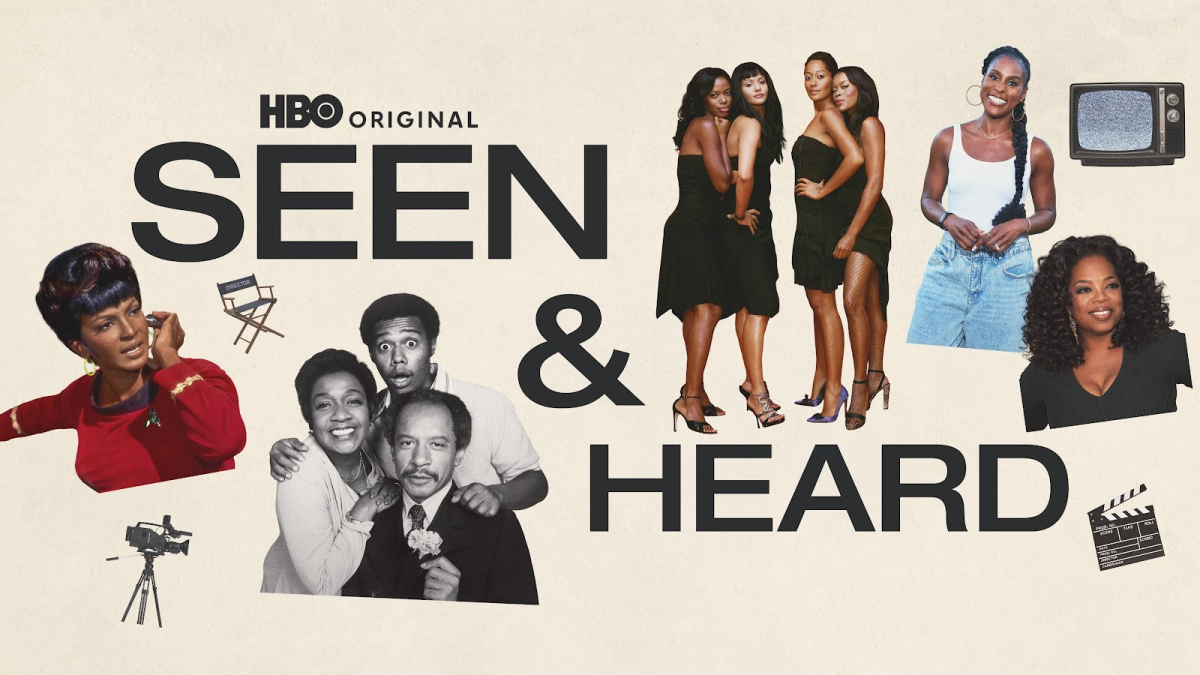
Toronto’s International film festival (TIFF) will look a lot different this year, due to COVID-19, the festival will have digital and drive-through screenings along with some in-person presentations.
The TIFF is the largest film festival in North America and is the second largest in the “big five” film festivals that reopened, according to IndieWire.
A list of guidelines, for in-person events, have been put in place and can be viewed on the TIFF website. All attendees must wear a face mask, their temperatures will be checked as they enter the event and will continue social distancing throughout the event.
TIFF released a statement on their official website that they will try their best to make their experience as memorable as possible.
“As the 2020 Festival lineup comes together, the programming teams are working to curate the most memorable experience possible for audiences through a diverse selection of the highest quality films from around the globe,” TIFF said.
Due to Covid-19, the film festival had to cut the number of films showing this year. Traditionally, 330 films are shown at the festival; however, due to the implications of the pandemic, only 55 will be shown this year. They have also ceased the red carpet events, reunions, and in-person conversations.
Director, Tracey Deer, of the experience debuted her film “Beans,” which is an autobiographical film about her experience during the Oka Crisis of July 1990.
In an interview with CBC, she stated that she was discouraged by the experience, caused by her desire to engage with festival-goers
“The dream is to have your film premiere at one of the biggest festivals in the world, and to really immerse yourself in that experience,” said Deer.
Rising star, and starring actor in the film “Beans,” Rainbow Dickerson, says that the energy of a virtual festival is different from what he has experienced before.
“We’re missing out on red carpets together, photo opportunities, and really just being in the same room with people,” said Dickerson in an interview with CBC. “It’s just different energy than looking at someone on a box on a screen.”
Many attendees were concerned that their experience would be sacrificed. New York Times writer Joshua Rothkopf states it was always the reaction of the crowd that drew him into the experience.
“The rising in laughter, shocked in silence, making its disapproval or happiness known,” Rothkopf said. “Festival films, more than others, need this barometer since their charms are often untested.”
Rothkopf also believes that festival-goers will lose that “ahh” factor of the experience. He states it will be harder for viewers to get the same experience as it is in person.
“It’s too easy to ‘walk out’ of a virtual film festival, another drawback,” Rothkopf said. All it takes is a thumb. The less it feels like an event and more like a scrollable menu of options, the closer it is to lose a small but essential piece of magic.”
Do you think that the Experience of the film festival has changed since COVID-19? Let us know down below.






